Tag Archive for: Economy
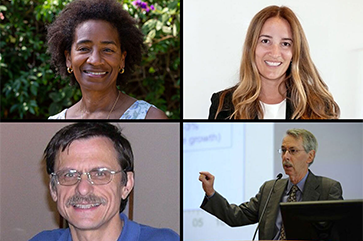 https://www.college.ucla.edu/wp-content/uploads/2025/05/Peeple-363-241.png
241
363
Alvaro Castillo
https://www.college.ucla.edu/wp-content/uploads/2019/07/Uxd_Blk_College-e1557344896161.png
Alvaro Castillo2025-04-29 09:04:352025-05-05 09:13:424 UCLA faculty members have been elected to the National Academy of Sciences
https://www.college.ucla.edu/wp-content/uploads/2025/05/Peeple-363-241.png
241
363
Alvaro Castillo
https://www.college.ucla.edu/wp-content/uploads/2019/07/Uxd_Blk_College-e1557344896161.png
Alvaro Castillo2025-04-29 09:04:352025-05-05 09:13:424 UCLA faculty members have been elected to the National Academy of Sciences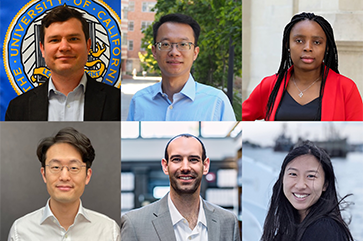 https://www.college.ucla.edu/wp-content/uploads/2025/02/Sloan-Fellows-Newsroom-Image-363-241.png
241
363
Alvaro Castillo
https://www.college.ucla.edu/wp-content/uploads/2019/07/Uxd_Blk_College-e1557344896161.png
Alvaro Castillo2025-02-19 14:21:252025-02-19 14:24:47UCLA tops public universities in number of 2025 Sloan Research Fellows, five of which are UCLA College faculty
https://www.college.ucla.edu/wp-content/uploads/2025/02/Sloan-Fellows-Newsroom-Image-363-241.png
241
363
Alvaro Castillo
https://www.college.ucla.edu/wp-content/uploads/2019/07/Uxd_Blk_College-e1557344896161.png
Alvaro Castillo2025-02-19 14:21:252025-02-19 14:24:47UCLA tops public universities in number of 2025 Sloan Research Fellows, five of which are UCLA College faculty https://www.college.ucla.edu/wp-content/uploads/2023/12/Pangolin-363-241.png
241
363
Alvaro Castillo
https://www.college.ucla.edu/wp-content/uploads/2019/07/Uxd_Blk_College-e1557344896161.png
Alvaro Castillo2023-12-14 17:04:322024-02-20 10:26:37Breakthrough reveals poaching hotspots, trade routes of most trafficked endangered mammal
https://www.college.ucla.edu/wp-content/uploads/2023/12/Pangolin-363-241.png
241
363
Alvaro Castillo
https://www.college.ucla.edu/wp-content/uploads/2019/07/Uxd_Blk_College-e1557344896161.png
Alvaro Castillo2023-12-14 17:04:322024-02-20 10:26:37Breakthrough reveals poaching hotspots, trade routes of most trafficked endangered mammal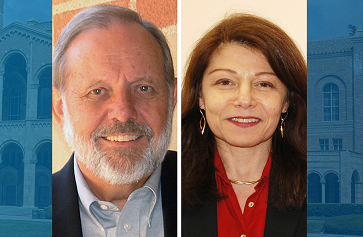 UCLA
UCLATwo UCLA College faculty members elected to National Academy of Sciences
Editor’s note: Congratulations to all three UCLA faculty…
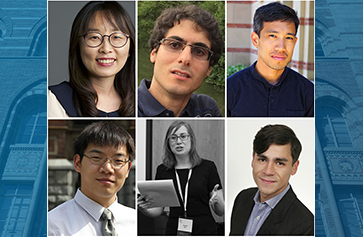 Image credit: UCLA
Image credit: UCLASix UCLA College faculty among 2022 Sloan Research Fellows
Editor’s note: Congratulations to all of the UCLA scholars…
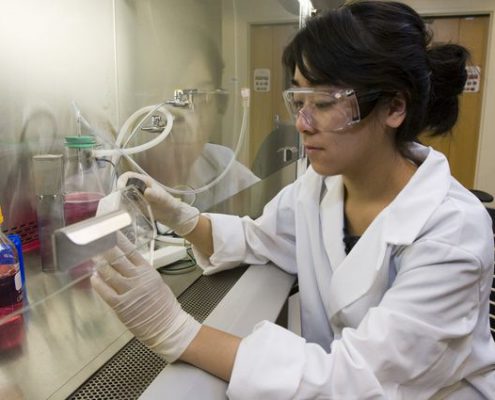
UCLA’s impact on California economy is $11.06 billion
UCLA is an economic powerhouse for Los Angeles,…

